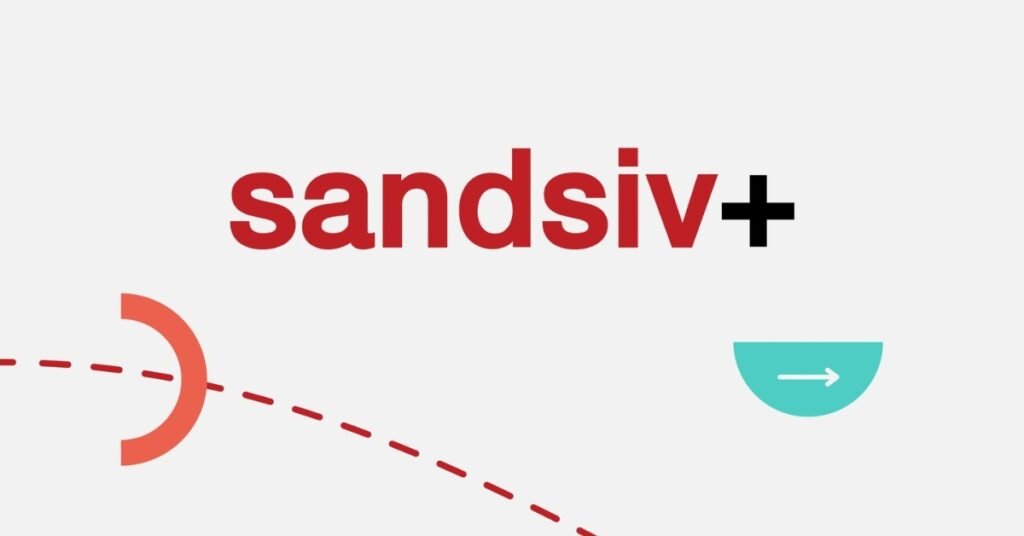Explore Google’s latest updates, which aim to comply with the EU’s Digital Markets Act, affect user privacy, and offer new opportunities for app developers.
Table of Contents
In an ever-evolving digital landscape, staying informed about changes to the platforms we use daily is crucial.
Alphabet’s Google has recently significantly adjusted its services and tools, primarily to align with the European Union’s (EU) new tech regulations.
These updates affect users across Europe and app developers who rely on Google’s ecosystem to promote and distribute their products.
This blog post delves into these changes, breaking down what they mean for users and developers and how they aim to rebalance the digital playing field.
Understanding the Digital Markets Act (DMA)
Before we get into the specifics of Google’s updates, we must understand the backdrop against these changes.
The EU has introduced the Digital Markets Act (DMA), a set of regulations designed to curb the power of Big Tech companies.
Companies like Google, Amazon, Apple, Microsoft, Meta Platforms, and TikTok’s owner ByteDance are designated gatekeepers, controlling access to millions of users and businesses on their platforms.
These gatekeepers must comply with the DMA by March 7 to ensure a fairer and more competitive digital market.
Key Changes Announced by Google
Google’s recent updates are a response to the DMA, focusing on enhancing user choice and giving a leg up to app developers.
Here is a detailed look at what is changing:
Modifications to Search Results
- Impact on Traffic: Google’s changes will shift the dynamics of online visibility. Large intermediaries and aggregators are set to receive more traffic, while direct providers like hotels, airlines, merchants, and restaurants might see a decrease.
- Data Sharing Consent: In a significant move towards privacy, Google will now ask users for consent before sharing their data across its products and services.
New Tools for App Developers
- Alternative Billing Systems: Developers can now opt for billing systems outside Google Play, giving them more control over their revenue streams.
- Promotion Program: A new initiative will enable developers to lead users directly outside the app for promotions, potentially boosting direct engagement and sales.
- Data Portability Software: Launching this week in Europe, this software simplifies the process for developers to transfer user data to third-party apps or services, enhancing interoperability and user choice.
What This Means for You
- For Users: These changes promise a more privacy-focused and diversified digital experience. With more control over their data and potentially richer search results, users stand to benefit from a more balanced online ecosystem.
- For Developers: Introducing alternative billing options and promotional tools offers a clear opportunity for increased revenue and visibility. The data portability software further supports seamless integration with third-party services, fostering innovation and competition.
Looking Ahead
As the March 7 deadline approaches, Google’s updates are clearly just the beginning of a broader shift towards a more equitable digital marketplace.
By understanding these changes, users and developers can better navigate this new landscape and leverage its opportunities.
Summary
In summary, Google’s alignment with the DMA regulations marks a significant step towards dismantling big tech companies’ monopolistic control over the digital sphere.
For users, it heralds a new era of digital rights and privacy.
For developers, it opens up new avenues for growth and competition.
As these changes roll out, the digital ecosystem is poised for a transformative shift towards inclusivity and fairness.






